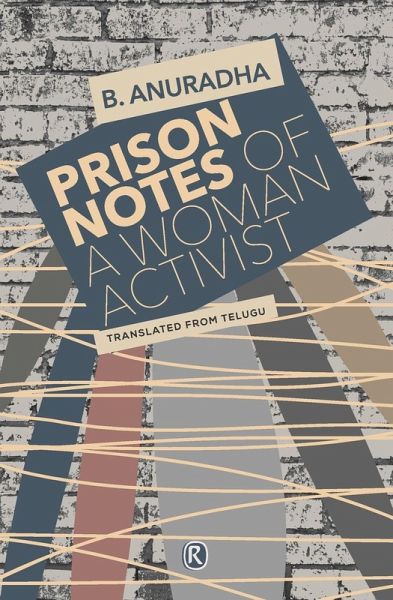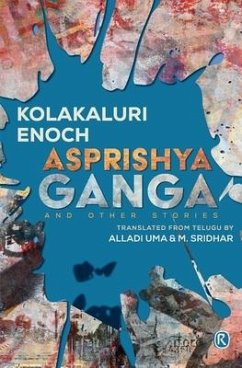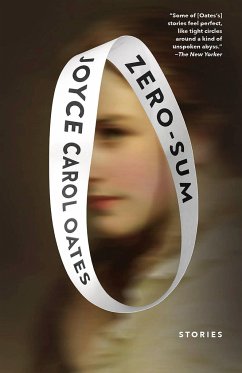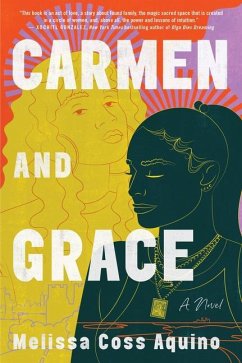
Prison Notes of a Woman Activist: Indian writing
Versandkostenfrei!
Versandfertig in über 4 Wochen
13,99 €
inkl. MwSt.

PAYBACK Punkte
7 °P sammeln!
A luminous account of jail from the pen of a sensitive young woman who draws deeply moving sketches of women who sometimes do not even know why they are in prison. Anuradha's stories move from children who are born in prison, with no idea of the world outside their walls - not even knowing what the moon looks like except on television - to old women bent with age serving life sentences and longing for release before they die so that they can die at home. But jail life is also throbbing with humanity in the midst of trauma and sadness. Women share their pain, write petitions for each other, dis...
A luminous account of jail from the pen of a sensitive young woman who draws deeply moving sketches of women who sometimes do not even know why they are in prison. Anuradha's stories move from children who are born in prison, with no idea of the world outside their walls - not even knowing what the moon looks like except on television - to old women bent with age serving life sentences and longing for release before they die so that they can die at home. But jail life is also throbbing with humanity in the midst of trauma and sadness. Women share their pain, write petitions for each other, discover histories of the jail where the staff recall other inmates who are incarcerated for their conscience, and unexpectedly the jail library has a copy of one such memoir. The same jack fruit tree bears witness to those who come and sit under its shade and then move to others who come in and may even die in jail before they are released. Every year on 26 January and then on August 15, they wait with bated breath to hear of who is released on those days. Will their names figure, or will they have to wait another year for the mercy of the state to return home, in spite of being a world where there is no place for the many women who cross the line of the law even as they stand up to the torment of caste and gender violence. Anuradha is the scribe in the jail, who tells stories of women and children who are victims of a cruel and inhuman world, and the unexpected legacies of kindness, solidarity and courage - women who sustain a spirit of resistance against the cruel norms in the world outside and in the way the law works. Long after we have finished reading the stories, we stay with Lathi Budhiya; with Paro's daughters outside the jail and her cats inside the jail; with baby Chandini's discovery of the moon on the night of Holi because lock up time has been extended as a special concession to the festivities. This is a poignant book about a world we need to know and think about: a world that presses against conventional boundaries and is just beyond the prison walls, not so far from us at all. UMA CHAKRAVARTI, Feminist Historian and Filmmaker














